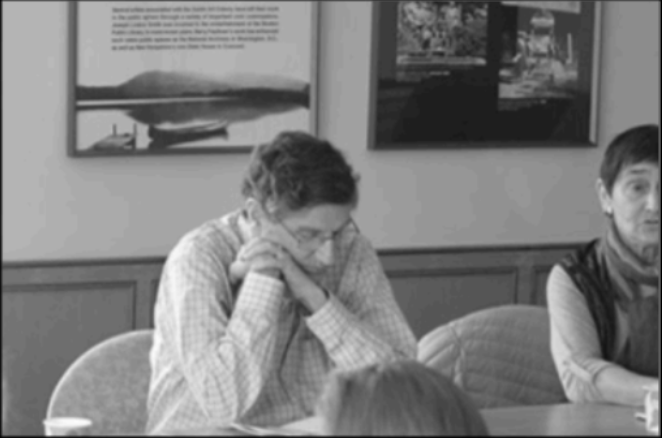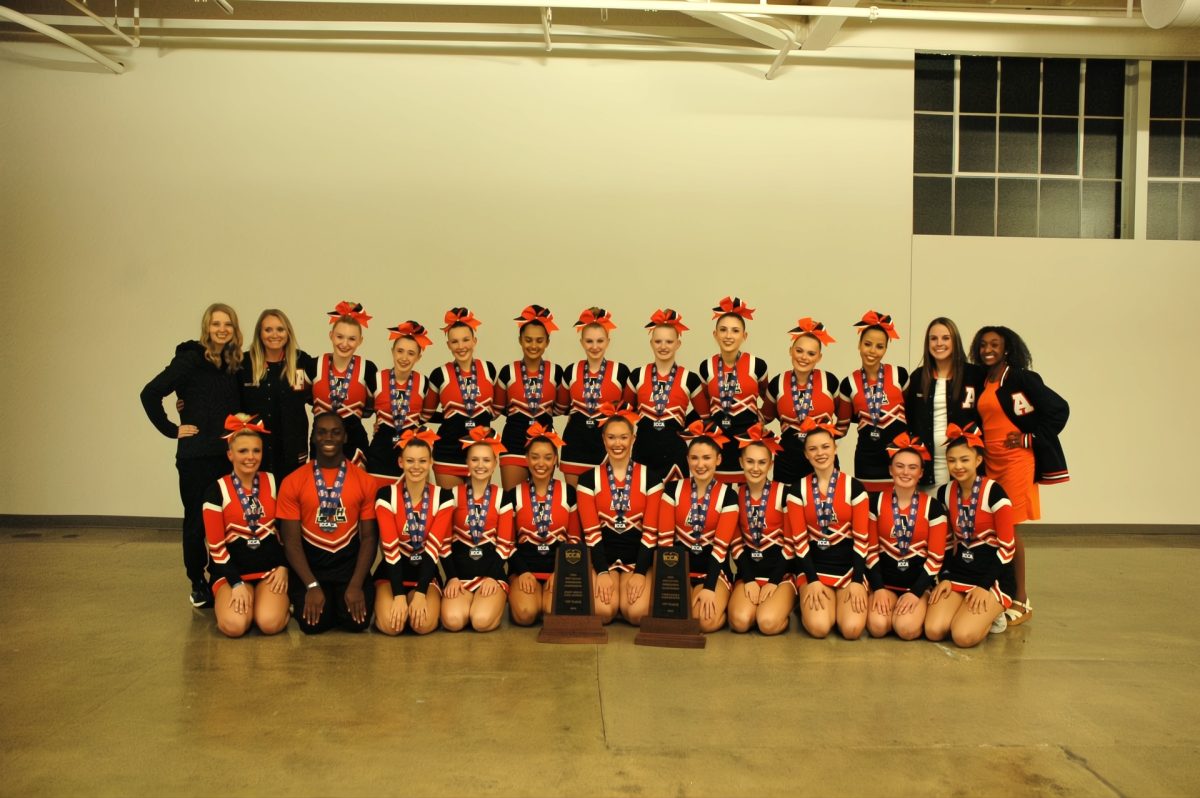In the context of the classroom, historical events weave through our memories with excessive haste. Dates mix with numbers to create a system of memorization, often leaving no place for remembrance of how average people were affected by what we call history. However, working at Ames High from after school to dusk is Dung Hwy Trinh, a jovial custodian who serves as a small reminder of the way a war and its aftermath can shape a single personâs life. Trinh is natively Vietnamese and lived in Vietnam until 1992. As a young man, he joined the Army of the Republic of Vietnam to fight against the so-called communist armies and insurgencies. When asked about combat, Trinh recalls a particular incident in 1964. âI was part of a group of about 200 people, and we were marching up a hill,â Trinh said. âSuddenly we met 3,000 of the North Vietnamese. I felt helpless because we could fight only with bayonets, but they had better guns. I was shot at and hit in the leg. It felt like it went through my leg.â The group eventually received backup help from the Air Force and Trinh was taken out by helicopter. He recalls that some of the officers were discussing whether he was dead or not. However, far from ending his career, he was back in combat only a month later. After his combat duty ended, Trinh worked in a military office in Saigon until 1975 when America pulled out of Vietnam. Under communist rule, he recalls it being very difficult to control his lifeâs course. âEverybody became poor in those days. It was easier for the government if people were poor, because then they could order them to leave the city,â Trinh said. Trinh is referring to the forced collectivization that the Socialist Republic of Vietnam attempted in the late 1970âs. The practice caused millions of people to either work involuntarily in government-owned farms or factories, or flee. He recalls friends trying to leave the country by makeshift boats or other unsafe means. Trinh considers himself lucky to have been able to stay in Saigon during this time. With the help of reduced Cold War tensions in the 1980s, and the fall of the USSR in the early 1990s, Trinh was able to collect enough money from a sister in California to move to America. In 1992 he settled in Iowa, working as a repairman and meat slicer until ultimately getting a job at Ames High. He has six children, one of whom will graduate from Iowa State University this year with a degree in electric engineering. While he has no immediate plans to return to Vietnam, Trinh still holds the culture close. âThe Vietnamese have a very rich culture. They are good people, and intelligent, but sometimes do not have the right chances,â he said. The role of material wealth as a defining aspect of American culture has struck out at Trinh very muchâa culture shock typical of many immigrants. As with most new experiences, this has good and bad traits. âIt is sad that there are many very poor people in Vietnam because of things that have happened. But still I feel lucky to live somewhere where my kids have better opportunities.â
Categories:
The mystery life of Dung, the custodian
BOBBY HUNTER
•
March 7, 2008
Story continues below advertisement
0
Donate to The WEB
$125
$450
Contributed
Our Goal
Your donation will support the student journalists of Ames High School, and Iowa needs student journalists. Your contribution will allow us to cover our annual website hosting costs.
























